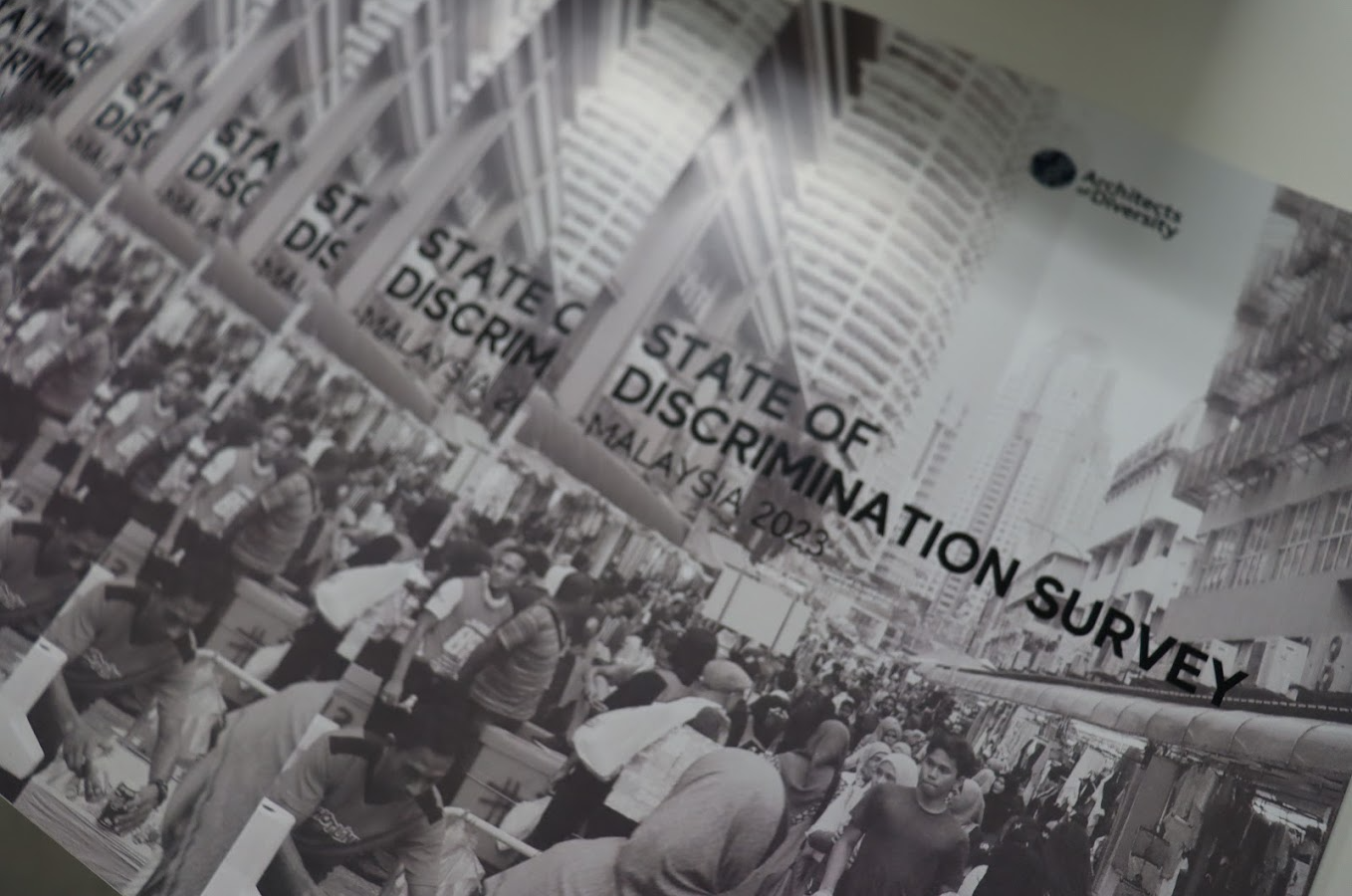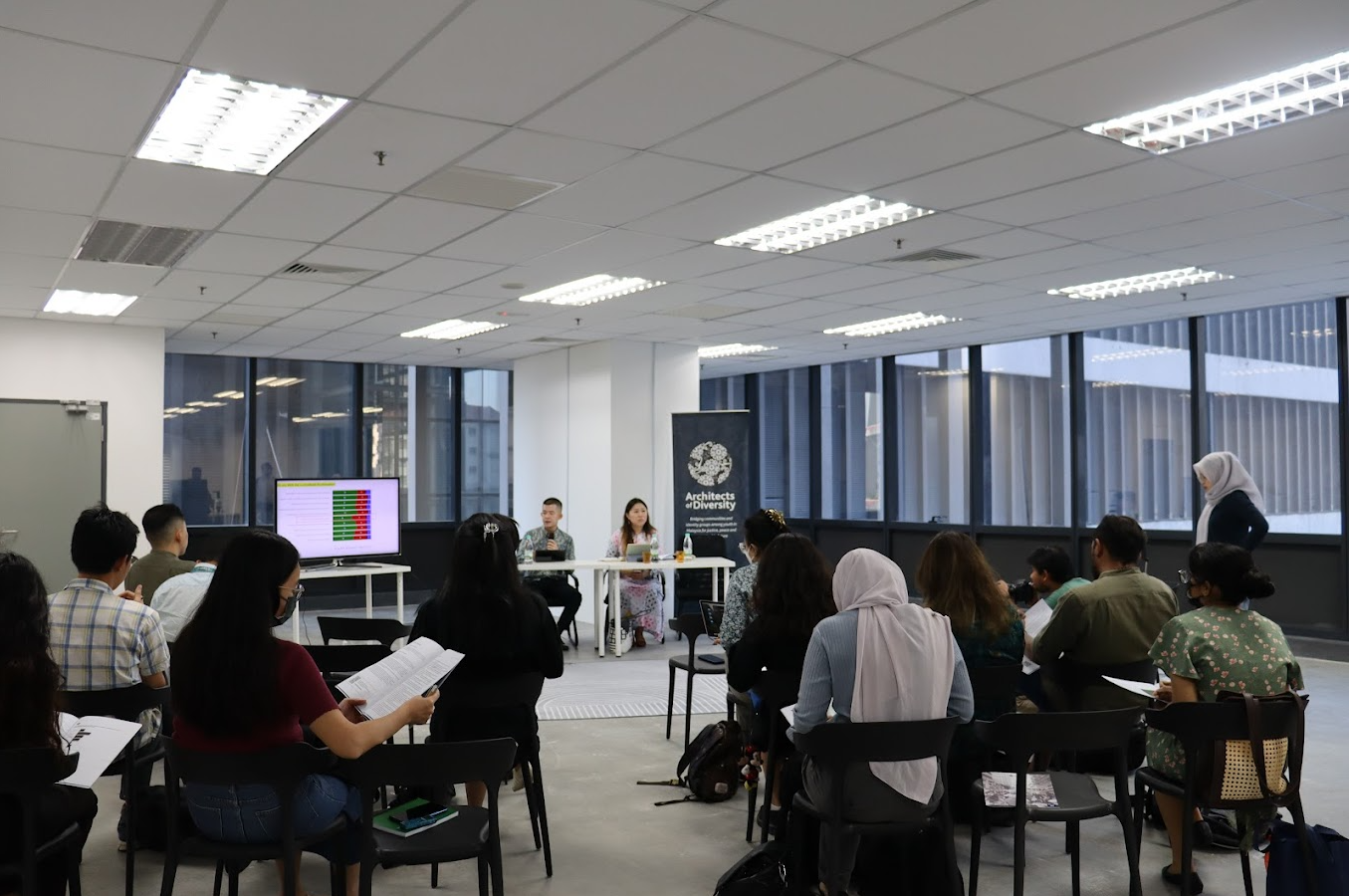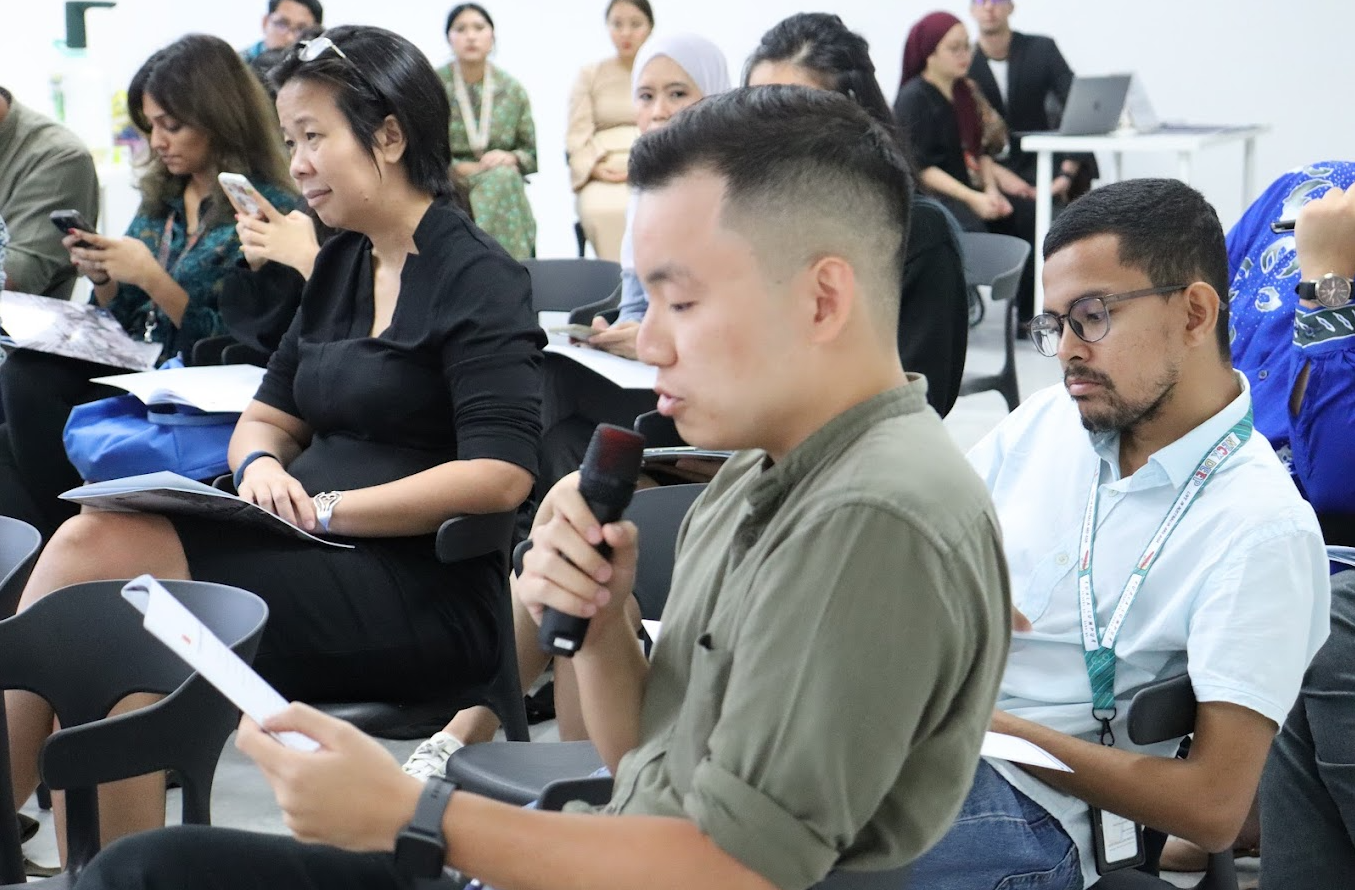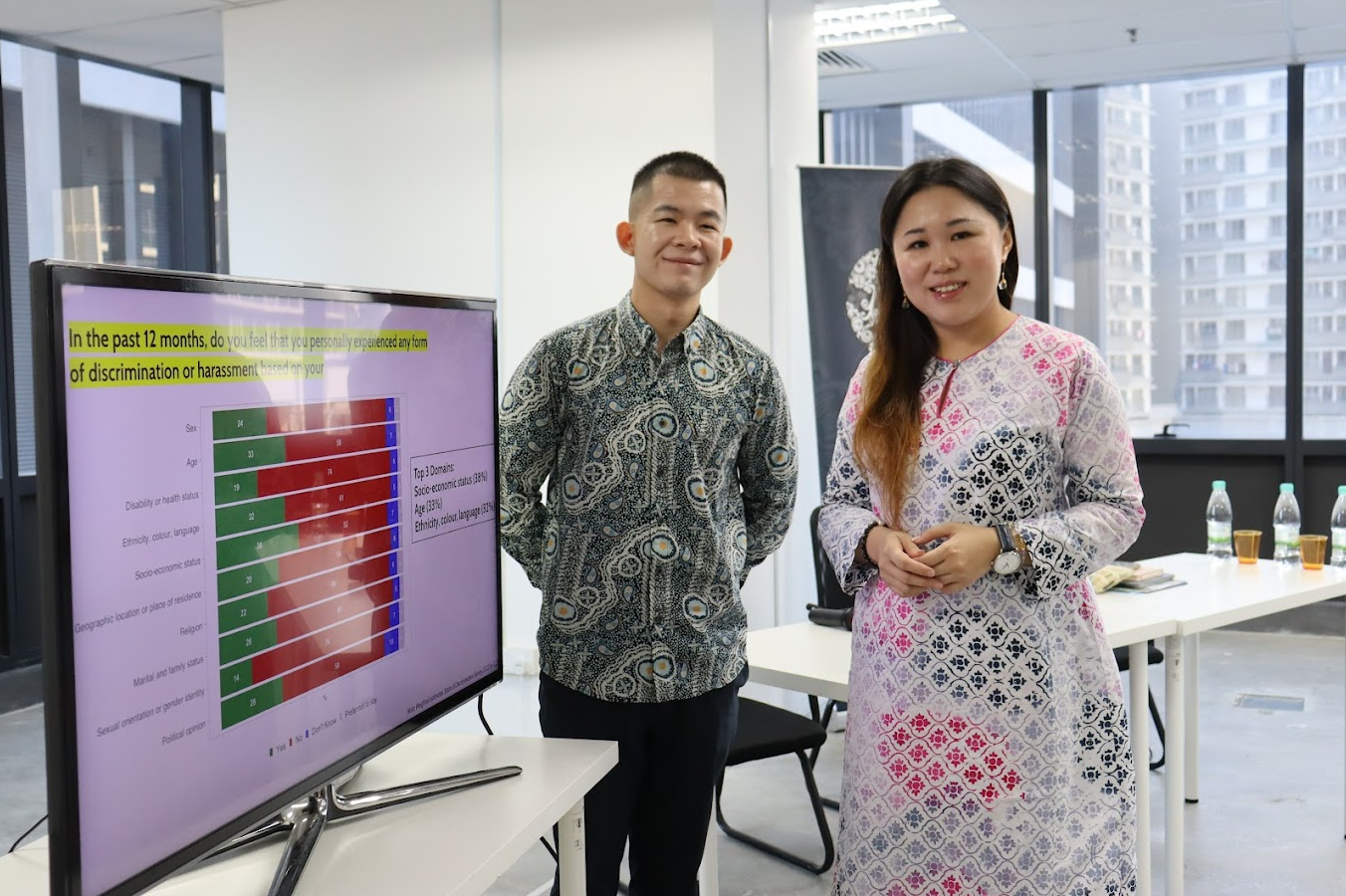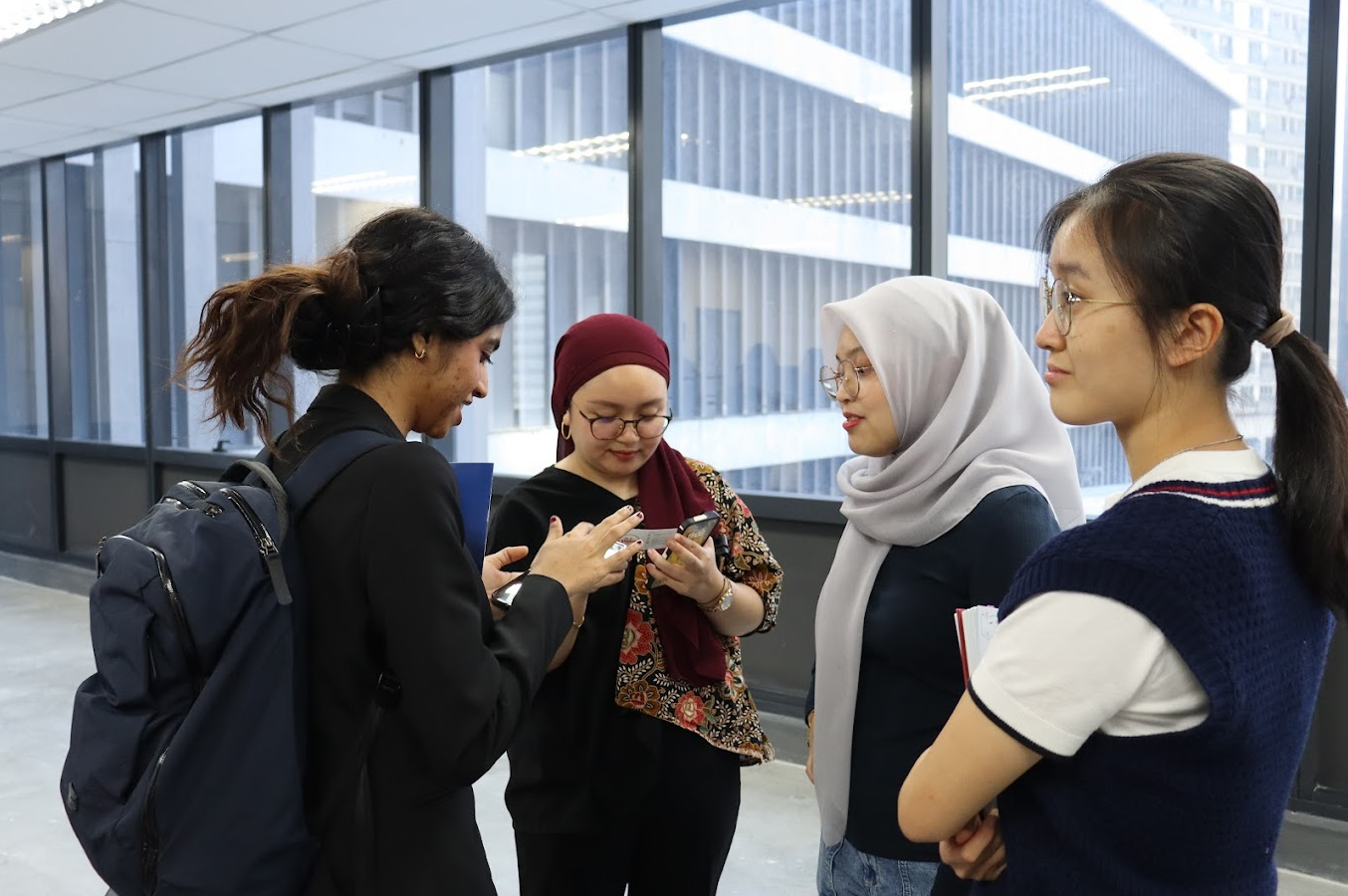Survey Reveals That 64% Of M'sians Have Experienced Discrimination In The Past 12 Months
Of that 64%, more than half chose to not report the discrimination they faced.
On 14 September, Architects of Diversity (AOD) announced the results of their State of Discrimination Survey 2023, which has collected data from all around the country on how Malaysians experience discrimination
AOD is a youth-led non-profit organisation that bridges communities and identity groups among youth in Malaysia, in hopes of achieving justice, peace, and sustainable future.
Since 2018, the organisation has worked to promote diversity and inclusion in Malaysia. Their efforts include empowering young leaders as champions of inclusivity, pioneering ideas and processes for social cohesion, and building an enabling environment for legislative change towards equity and inclusion.
Their recent State of Discrimination Survey 2023 garnered a total of 3,238 respondents, all of whom are adults aged 18 and above.
The survey's final report presents findings on the percentage of Malaysians who encountered different types of discrimination in the past 12 months, details about workplace discrimination, public sentiment regarding religious discrimination, and the level of satisfaction with government initiatives aimed at addressing discrimination.
One of the key findings was that 64% of respondents said they have experienced some form of discrimination in the past 12 months, out of which, 55% chose not to report it
AOD presenting the results of the State of Discrimination Survey 2023 at a press conference.
Image via Architects of Diversity (Provided to SAYS)The two main places Malaysians reported having faced discrimination in the past 12 months were on social media (32%) and in the workplace (59%).
As for gender-based discrimination, the results showed that both men and women experienced it at similar rates, at 21% and 27% respectively.
And when it came to satisfaction with government initiatives to solve discrimination, Malaysians were generally split, with 44% being satisfied and 41% slightly dissatisfied or not satisfied at all.
When asked what the government should do to solve discrimination, answers included creating a law for discrimination and raising awareness on discrimination.
Attendees of the press conference asking questions about the survey results.
Image via Architects of Diversity (Provided to SAYS)Here's a look at some other interesting findings from the survey:
Natures of discrimination
- Malaysians primarily reported having experienced discrimination related to socio-economic status (38%), age (33%), and ethnicity (32%)
- Gen Z (age 18 - 24) were more likely to report having experienced ethnicity-related discrimination (43%) than their older peers (22% for age 60+ and 23% for age 40-59)
Work-domain discrimination
- Malaysians experience discrimination at the workplace while looking for jobs (30%) and at work (29%)
- Among those who reported having experienced discrimination at work, work conditions (62%) and pay (53%) were the related domains
Religion and race-based discrimination
- Indians reported having experienced higher levels of discrimination than their peers when applying for jobs (51%), when looking for housing (35%), and when dealing with the police (21%)
- Hindus were more likely to report having experienced religious-based discrimination in the past 12 months (40%), compared to their Muslim (20%), Christian (26%), and Buddhist (22%) peers
- Most were unaware about discrimination relating to animists (beliefs of many indigenous groups), with 44% opting to respond with 'don't know'
- East Malaysians were more likely to experience discrimination related to work conditions (72%)
- Malays (56%) and Indians (60%) were more likely to report having experienced pay-related discrimination than Chinese (41%) and Other Bumiputera (51%) peers
Willingness to report discrimination
- Among those who did report their experience, employers (14%) or law enforcement (11%) were the most popular reporting lines
- Among those who did not report their experience, respondents said they chose not to report mainly due to having no evidence or difficulty producing evidence (32%) and high barriers in terms of time or money (32%)
Literacy and awareness on discrimination in Malaysia
- Discrimination literacy and agreement is generally low. For example, less than half (49%) of respondents felt that being forced to not wear religious clothing at work is considered discrimination, while 37% felt it was not considered discrimination.
"The results are quite shocking, especially with regards to religion. I think many of us find it shocking that almost everyone feels discriminated against," said YB Wong Shu Qi, Member of Parliament for Kluang
From left to right: Jason Wee, co-founder of Architects of Diversity Malaysia, and YB Wong Shu Qi, Member of Parliament for Kluang, at the press conference.
Image via Architects of Diversity (Provided to SAYS)"This is a sad truth in Malaysia, that all of us, regardless of whether we are a minority or a majority, feels like they are a victim. No one feels happy with the state they are living in this country.
"We need to promote empathy. Empathy doesn't mean we fully agree or we pity the other side where we agree on everything. Empathy means that we can understand where they are coming from so we can find a solution.
"However in this newly born country, the current generation still can manoeuvre the direction of this country to shape it into being a more empathetic and compassionate country towards each other, regardless of race, religion and socioeconomic differences," Wong stated.
The survey results demonstrate that not only do most Malaysians experience discrimination, a substantial number hesitate to report such incidents
Press conference attendees discussing the survey findings.
Image via Architects of Diversity (Provided to SAYS)It is unquestionable that discrimination is still pervasive among different religious and racial groups in Malaysia. This greatly impacts their access to employment opportunities, housing, fair wages, and the ability to freely exercise their religion without fear of prejudice or bias.
The survey results also show that there is still a significant portion of Malaysians who remain unaware of experiencing discrimination.
Ultimately, more action is needed to raise awareness and acknowledgment of discrimination, which is evidently limited in Malaysia, with nearly half of Malaysians reporting their dissatisfaction with the government's efforts to address the issue.
To see other findings from AOD's State of Discrimination Survey 2023, check out the full report here
